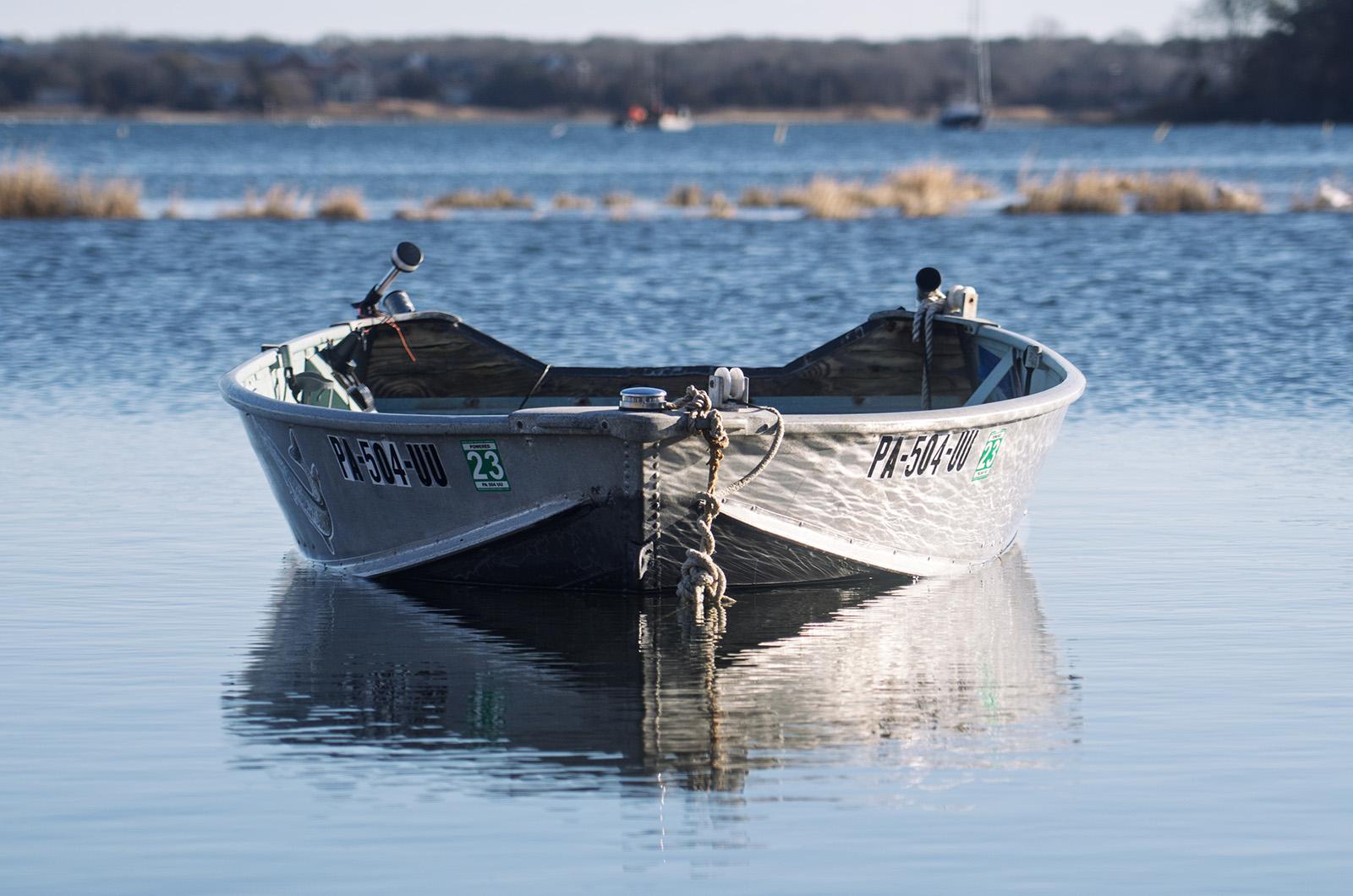On a recent Sunday morning, my sons and husband gathered around me, all eyes on my phone. Google had compiled images from 2020 into an unsolicited story. Warm with nostalgia, we were cast back.
Back to our homeschool engineering feats, like the construction of a homemade go-kart with spare parts. To magic tricks performed in the living room for an enthusiastic audience of three. To community service projects like singing through open kitchen windows to the housebound. Back to the long hikes we took along our Island’s wooded trails each evening after a sedentary day of remote school and work.
That time, filled with fear and tragedy around the world, for us, proved to be a gift. It was the most time we had ever spent together.
“The race!” my youngest son exclaims at a photo of our extended family wearing fuzzy reindeer antlers, jogging down the West Tisbury bike path. Christmas 2020 had presented a challenge. How to celebrate while protecting a Grandma who wasn’t overly concerned about being protected? Our solution? An eight-person Jingle Bell 5K followed by a family gathering around a firepit.
Still, amid these bright moments were the daily reminders of life permanently interrupted. Covid had stolen so much from us.
While we were constructing a new life in familiar surroundings, my sister was starting a new life on the other side of the world. Just before the pandemic began, she and her family left the Island and went to New Zealand for her husband’s job —a three-month assignment. But they eventually put down roots and will likely never return to the Vineyard. I miss her every single day.
Important events were canceled. We felt each one like a wound.
My fourth grader’s lacrosse season, then soccer season. My youngest’s kindergarten graduation. My first international work trip. Our annual spring journey to see my parents in Florida. The annual Agricultural Fair.
The losses felt endless.
Looking back, I realize that in addition to obliging us to adopt new habits, Covid disrupted our sense of community. At first, we — the world — were all in it together. But a few months in, lawn signs became abundant in my town. One message lumped together exactly how everyone’s opinion should be on a range of complex issues including vaccines, climate change, immigration and more. Hard lines were drawn.
I began seeing #Floridamorons on social media when the state reopened its beaches. Friends occasionally snickered about “Florida morons.” I kept quiet, not needing to become an ambassador for Florida. But I knew how good my parents felt to be out playing golf when my hometown was tightly shuttered. In my prior nine years as a Floridian, I was privy to countless worthy people, organizations and lifestyles.
The Covid reactions seemed to reinforce our divisions and create new ones.
Now, as many people move on, there are still signs of the pandemic: plexiglass barriers at the library and in other small businesses. I wonder when my local pizza joint will remove theirs. It reminds me of bulletproof glass at a police station. Are we going to assume the worst and be afraid of each other forever?
Will any of the positive things from Covid — the time together, the ease of remote work, awareness of how quickly life goes by — linger?
Early in the pandemic, I recalled a quote that Otto Frank shared with Anne, about there being “no bolts, no locks that anyone can put on your mind.” It became a mantra for how I saw that time. Now that most of our doors are open again, can we open hearts and heads a little wider?
The way we live now can be as beautiful, creative and poignant as any of our best days in Covid — a time when no one had answers — if we remember where the best answers were found: inside our imaginations, steeped in kindness, when we were able to sit still and listen.
Moira Silva lives in West Tisbury.




Comments (2)
Comments
Comment policy »